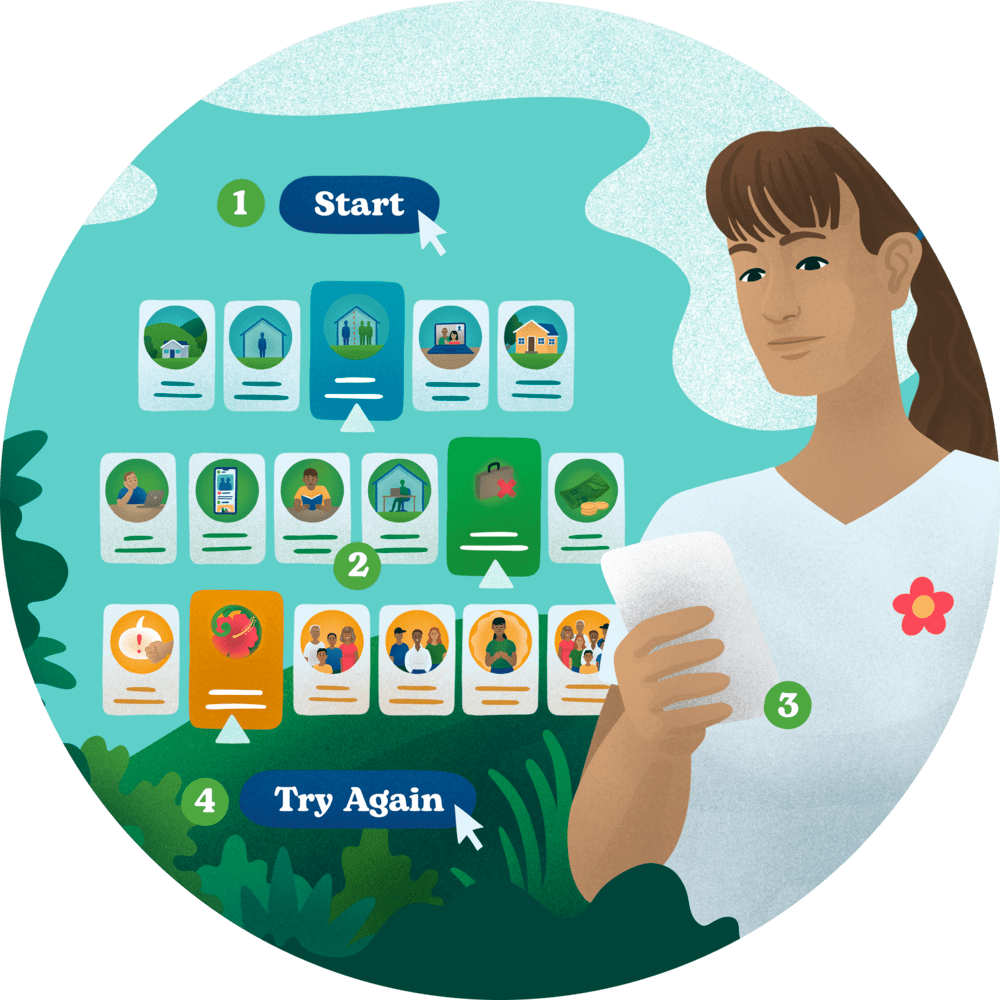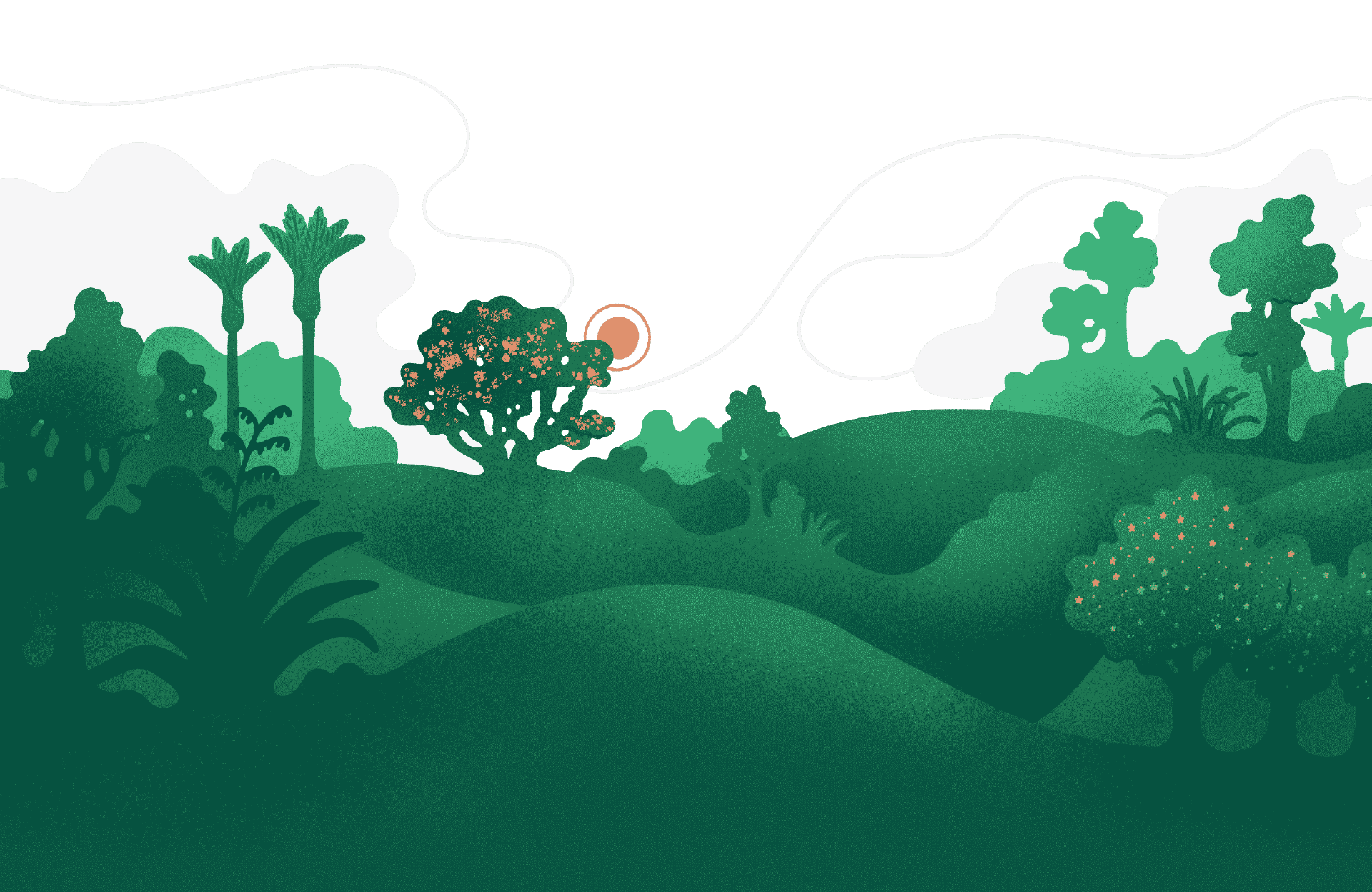
Understanding Loneliness
Anyone can experience being alone and empty sometimes, but getting to know the signs and causes can help you find ways to feel better.

What is loneliness?
Loneliness is a feeling of emptiness. The experience can make a person feel sad, disconnected, alone or unwanted.
Whanaungatanga/connectedness is key to our wellbeing. This involves meaningful and authentic relationships — with people, Papatūānuku, your environment, and more. These are relationships in our lives that give us a sense of belonging, rather than just taking part in social activities and having a lot of friends.
Loneliness is very common and can be experienced by anyone regardless of their age, gender, or background, so we shouldn’t feel bad about reaching out. Some people may feel embarrassed about being lonely, but this isn’t your fault and it’s not something to be ashamed of. Taking small steps towards understanding your thoughts and feelings can help.
How does Understanding Loneliness help?
This tool explores the different types of isolation that can contribute to feeling lonely:
- Emotional, where you may miss having someone close to you. It may be whānau who live far away, or a partner after a breakup.
- Social, where you want to feel connection or belonging to a social network.
- Physical, which refers to the parts of how you live that make you feel alone.
These are included at the beginning of the tool through common things you may experience at home, in your relationships, and in your day-to-day life.
You can then choose situations that are similar to yours. The tool will explain why you may be feeling lonely, and show you a tip you can try to feel better. Sometimes, even some awareness can help you get closer to being more comfortable with what you’re experiencing.

FAQs
How can loneliness impact us?
Extended periods of loneliness can have negative impacts on a person’s wellbeing. It might cause distressing emotions such as stress, depression or anxiety. For some, it can contribute to substance abuse, fatigue, antisocial behaviour or physical illnesses.
Please consider reaching out to a health professional if you’ve been feeling lonely for a long time or have been struggling to cope because of a traumatic event.
What if I’m an introvert?
Loneliness is not a feeling people choose to have, so it’s different to needing some time alone. Introverts may have different preferences for social activity, but ultimately, any person can feel lonely sometimes, including introverts! Try activities that make you feel fulfilled, connected and understood, regardless of how you self-identify.

Try Understanding Loneliness now
Small Steps Toolbox
These tools have been developed to help with feelings of anxiety, stress, or low mood. Each tool only takes a few minutes. Health and wellbeing is an ongoing journey, so try them out and see what works for you.
Balancing Mood
This tool can give you insight into how what you’re doing affects your mood, and recommends activities that can improve how you’re feeling.
Mindful Watching
During this mindfulness exercise, you’ll be guided by relaxing audio to calmly notice different visual aspects of images and apply this to your surroundings.
Reframing Thoughts
This tool can help to identify unhelpful patterns in your thoughts and beliefs and reframe them over time to help you feel better and make decisions that support your overall sense of wellbeing.
Improving Sleep
Improving Sleep is a quiz that helps you explore the things you can do or avoid that can lead to a better quality sleep. There are a variety of tips available so you can choose something that suits your lifestyle.
Identifying Signals
During this exercise, you’ll be guided to identify sensations in your body that you often experience when feeling upset. You can use these as signals to react differently, use a tool, or engage in self-care.
Supporting Others
Supporting Others gives you tips on what you can say or do when you’re helping someone who’s going through a hard time.
Gratitude Practice
Learn to appreciate the small things in life through practising gratitude. Doing this regularly can help lift your mood and make you feel happier.
Muscle Relaxation
Teach your body how to relax better through muscle relaxation. The key is learning to apply this skill in everyday life to the entire body so that you’re not tensing muscles when you don’t need to.
Deep Breathing
This reflective technique involves slowly breathing in and out to help you feel calmer and more relaxed. This tool is guided by an animated image that inflates and deflates.
Active Listening
This skill involves fully focusing on what a person is saying, rather than selectively hearing. In this exercise, you’ll practice listening and develop an awareness of when you’re not paying attention.
Building Self-Worth
This tool helps you on your journey to gain self-worth. Go through the Building Self-Worth card deck for energetic, reflective, or inspirational activities.
